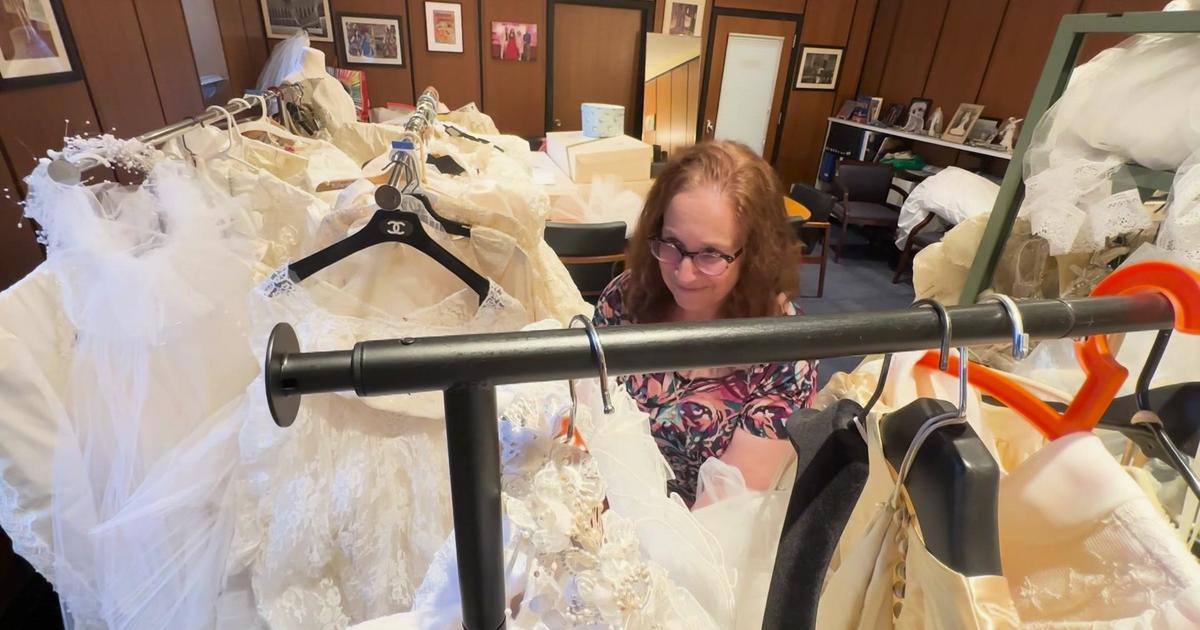Former Alaska Governor Sarah Palin Takes Stand For Second Day At New York Times Trial: 'I Hope That There Is Justice'
NEW YORK (CBSNewYork) -- Former Alaska governor Sarah Palin was back in court Thursday taking on the New York Times.
As Palin arrived at federal court in Lower Manhattan to take the witness stand for the second day in the trial against the newspaper, she had advice for jurors.
"I just really hope that the jury understands how important it is for truth to prevail," she said.
The former Alaska governor and 2008 Republican vice presidential candidate is suing the Times over a 2017 editorial headlined "America's Lethal Politics." It was published in the op-ed section after a shooting at a congressional baseball team practice where U.S. Rep. Steve Scalise was wounded.
The editorial incorrectly linked Palin's political rhetoric to a 2011 mass shooting involving Rep. Gabby Giffords, which the newspaper corrected, also tweeting an apology.
A New York Times spokesperson released the following statement:
"In this trial we are seeking to reaffirm a foundational principle of American law: public figures should not be permitted to use libel suits to punish unintentional errors by news organizations.
"We published an editorial about an important topic that contained an inaccuracy. We set the record straight with a correction.
"We are deeply committed to fairness and accuracy in our journalism, and when we fall short, we correct our errors publicly, as we did in this case."
"If Governor Palin wins in this suit, it will produce a substantial and chilling impact on freedom of the press in the United States," said James Sample, a professor of constitutional law at Hofstra Law School.
He says in order for Palin to win, she would need to establish the Times acted with actual malice.
"Which in the governing law means that they exhibited a reckless disregard for the truth, not just that they merely made a mistake," Sample said.
"And do you think that's a likely outcome?" CBS2's Jenna DeAngelis asked.
"I do not think that Governor Palin can establish actual malice here," Sample said.
He says the case is testing an earlier landmark decision protecting freedom of the press that some political groups now want reversed.
"New York Times v. Sullivan is a 1964 decision that is often regarded as the bedrock of first amendment freedom of the press from a constitutional law standpoint in America. It's a decision that has governed the standard for libel, against public officials for 50-plus years," Sample said.
Sample says there is a possibility the law will change if Palin's case goes all the way to the U.S. Supreme Court.
"There are some political figures, primarily conservatives, who believe that the New York Times v. Sullivan standard should be revisited ... The reason that many of those figures want that is that the press does an important job in holding political and public figures accountable in the public discourse and if the press has to be absolutely perfect and can never make a mistake without that mistake resulting in substantial monetary liability, that's going to chill our public discourse in significant and deleterious ways," he said. "It would be very very harmful for democracy if our public figures were, in a sense, insulated from criticism unless that criticism could be absolutely positively and in advance proven to be accurate."
DeAngelis was able to catch up with Palin briefly on her way out of court.
"What do you want the outcome to be?" DeAngelis asked.
"Oh, I hope that there is justice," Palin said.
In court, Palin said she felt powerless, she was up against Goliath and she was David.
The former New York Times editor James Bennet testified this was a terrible mistake and he meant no harm.
The case continues with closing arguments Friday.



